On August 15, research vessel Exploration-2 (also known as Tansuo-2) carrying China's manned submersible "Deep Sea Warrior", set sail from the port of Nanshan, Sanya. Professor Zhimin Jian and his team from the State Key Laboratory of Marine Geology of Tongji University (MGLab) and research fellows from the Institute of Deep-sea Science and Engineering,Chinese Academy of Sciences (IDSSE, CAS)boarded the vessel for the 29-day TS2-38-9 voyage. During its expedition to the Western Pacific Ocean, “Deep Sea Warrior” made 19 dives and is scheduled to collect deep-sea organisms, seawater and sediment near Philippine Sea, Huatung Basin, Gagua Ridge and South China Sea, aiming to deepen our understanding of the unique ecosystems and environments of seamounts. On this expedition, 10 faculty members and students from Tongji University also had a chance to dive with the "Deep Sea Warrior".
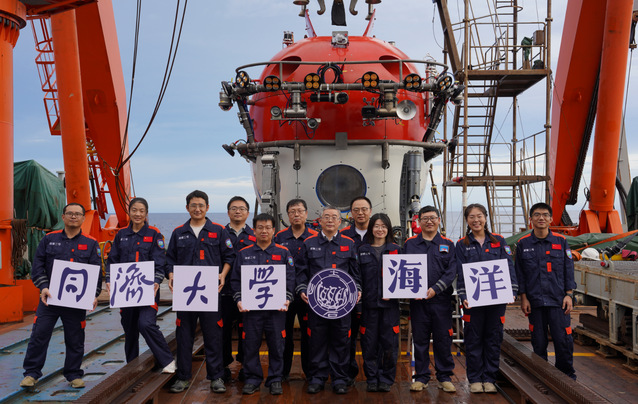
With over 60 members from 7 institutions at home onboard, the expedition is led by Kang Ding, director of the Institute of Deep-sea Science and Engineering of the Chinese Academy of Sciences, Professor Zhimin Jian as the project leader, and Professor Haowen Dang from and Researcher Jiwei Li as the co-chiefs.
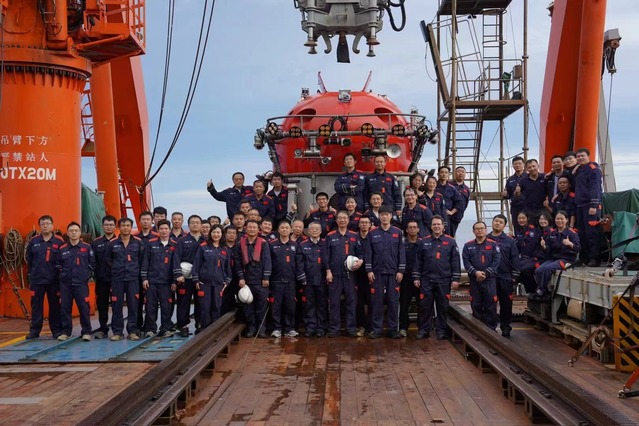
Reached the seafloor at a depth of 4,300 meters, it is an incredible accomplishment to complete deep-diving operations in the Western Pacific Ocean given the impact of Typhoon "Capricorn". All the team members raced against time, adjusted the sailing routes, increased the night dive tasks, and insisted on the operation under the winds and waves of nearly 6 meters, which ensured the successful completion of deep dives and also proves that China's deep-diving scientific research has ushered into a new phase.
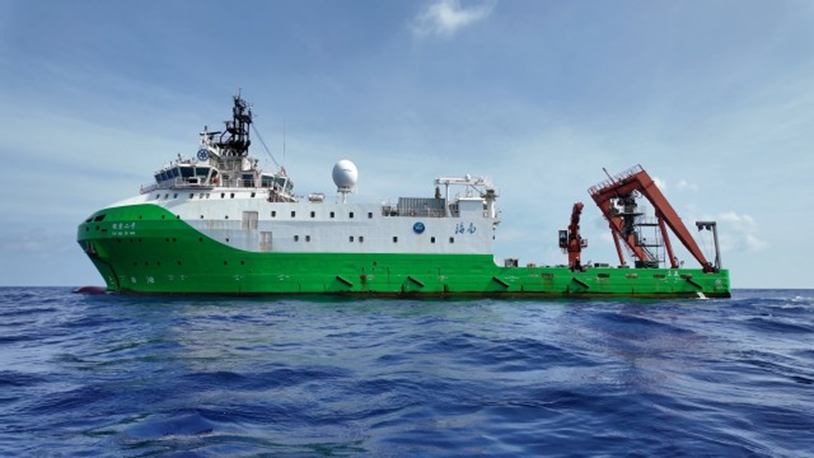
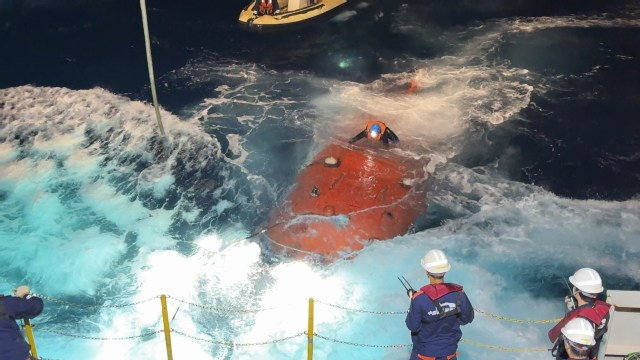
Supported by Key R&D projects of the Ministry of Science and Technology and National Natural Science Foundation, the goal of the expedition is to investigate the ecological changes of cold-water corals in the Western Pacific and the South China Sea, reconstruct a high temporal-resolution record of middle and deep water exchanges between the Pacific Ocean and the South China Sea, reveal the geological evolution of the Huatung Basin and the Gagua Ridge, and examine the new mechanism of the marginal sea basins' edge rupture in the course of the subduction of the Western Pacific Plate. It will also examine the new mechanism of plate tectonics in the marginal basins during the subduction of the western Pacific plate, and provide key empirical materials for the construction of major scientific issues such as the geological evolution of Western Pacific and the low-latitude forcing in climate change.
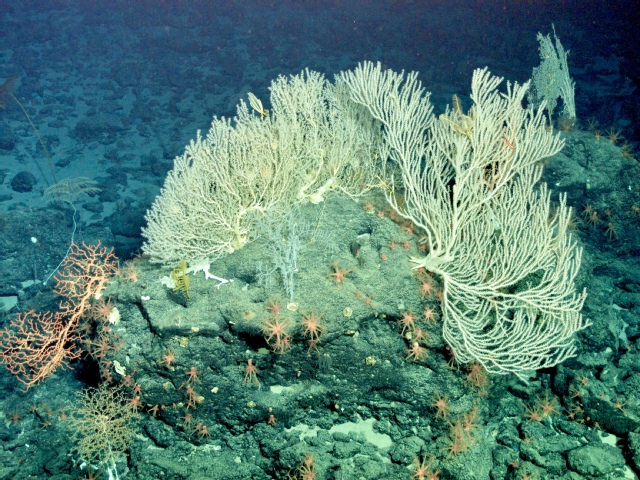
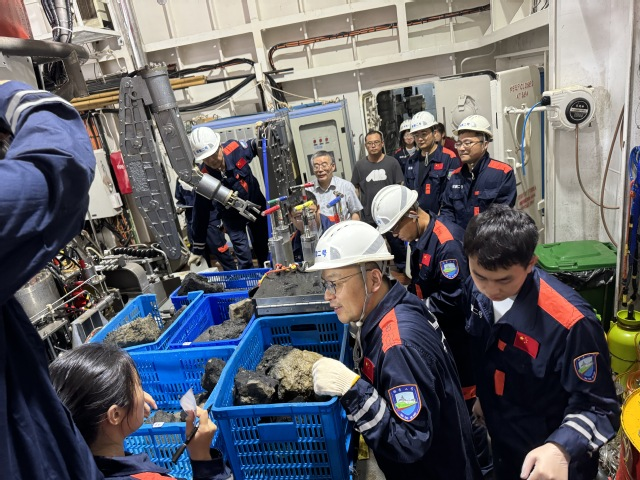
Written by: Pengfei Liu


